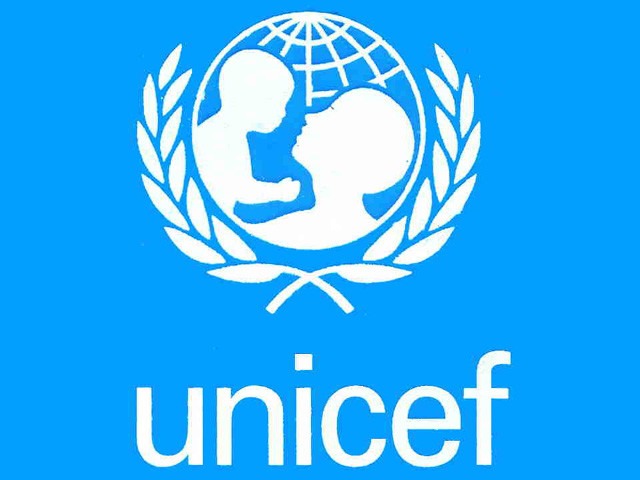Displaced residents of Dadu still recovering from the floods as army, UNICEF help
Survivors recall the night the floodwaters changed their lives completely.

Around 65,000 people in the district - mostly women and children - are stranded in their villages with no shelter on small tracts of land accessible only by boat or helicopter. The risk of waterborne disease from the stagnant floodwaters grows daily, and the challenge of getting supplies into these areas has become increasingly difficult, says a Unicef report.
The military has made boats and hovercraft available to help Unicef-supported medical teams reach the stranded communities and provide them with emergency health assistance and essential relief items, such as high-energy biscuits and anti-malarial bed nets. Despite these efforts, the devastation continues to grow months after the rains and flooding have ceased.
Northwest of the Main Nara Valley in Sindh, the village of Jamal Khan Leghari remains partially submerged and completely devastated. Of the approximately 200 families who once called the village their home, only 40 remain. They wait helplessly for some form of aid to arrive.
Unicef Health Officer Dr Kamal Asghar explains the urgency of the situation. “Fifty thousand people in two sub-districts of Dadu have been trapped in this waterlogged area and medical cover was not provided by anybody until the army made access through boats and hovercraft,” he says. “After the rapid assessment, a plan for provision of emergency health assistance was chalked out in collaboration with the health department and Pakistan military.”
Now, medical teams are entering the area every day in military boats to provide emergency health services, maternal and newborn health care, immunisation and health education sessions, according to Dr Asghar. “In the past 10 days, we have recovered 25,000 [stranded people] and are working to reach the remaining 25,000 people in the next 20 days,” he adds.
Ajna Farooq, 40, describes the night the floods came to her home in Dadu and tore her world apart. “All this happened in one night. The water just engulfed us and submerged everything around us,” she says. “My husband has left me and I have four children. I stayed here in whatever is left of my home, as I did not have anywhere to go and no money.”
Farooq adds sadly, “We have nothing [to eat] except some wheat, which I mix with a lot of water to feed my children”. “I don’t know what will happen. I have nothing to give my children,” she said, disappointed that she has nothing to offer to her children this Eid.
With no road access and winter just around the corner, health risks for women and children in Dadu will increase significantly if help is not provided in time.
As expected in any disaster, children are the worst affected. Safia Haroon, 12, overcome with emotion, recalls her tragic experience. “The water came suddenly, very fast, maybe in one hour. It was very scary,” she recalls. “My family stayed here because we had cattle... we have a little wheat so we eat one day and don’t eat the other day.” Safia used to go to school but there is no access anymore.
The UN has warned that the slow pace of aid pledges could impede relief and winter contingency operations. Flood-affected communities face a triple threat of malnutrition, water borne diseases and respiratory infections such as pneumonia due to low temperatures. Supporting the unreached population will be an important challenge for the local authorities and their humanitarian partners after the scheduled departure of the Pakistani military, which is set for mid-November.
Reporting by Raabya Amjad for Unicef.
Published in The Express Tribune, November 4th, 2010.



















COMMENTS
Comments are moderated and generally will be posted if they are on-topic and not abusive.
For more information, please see our Comments FAQ